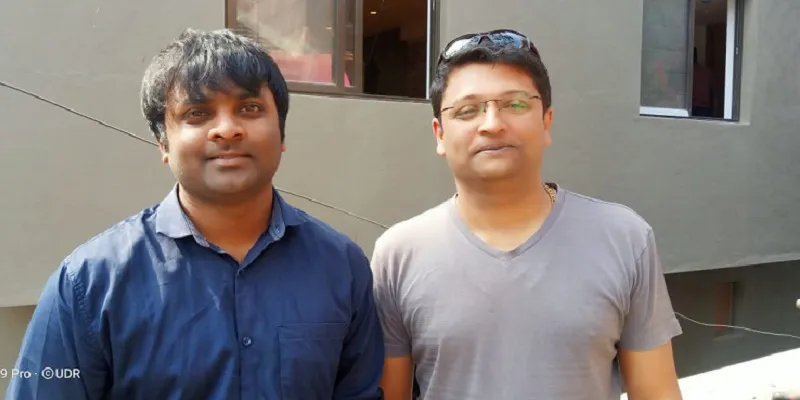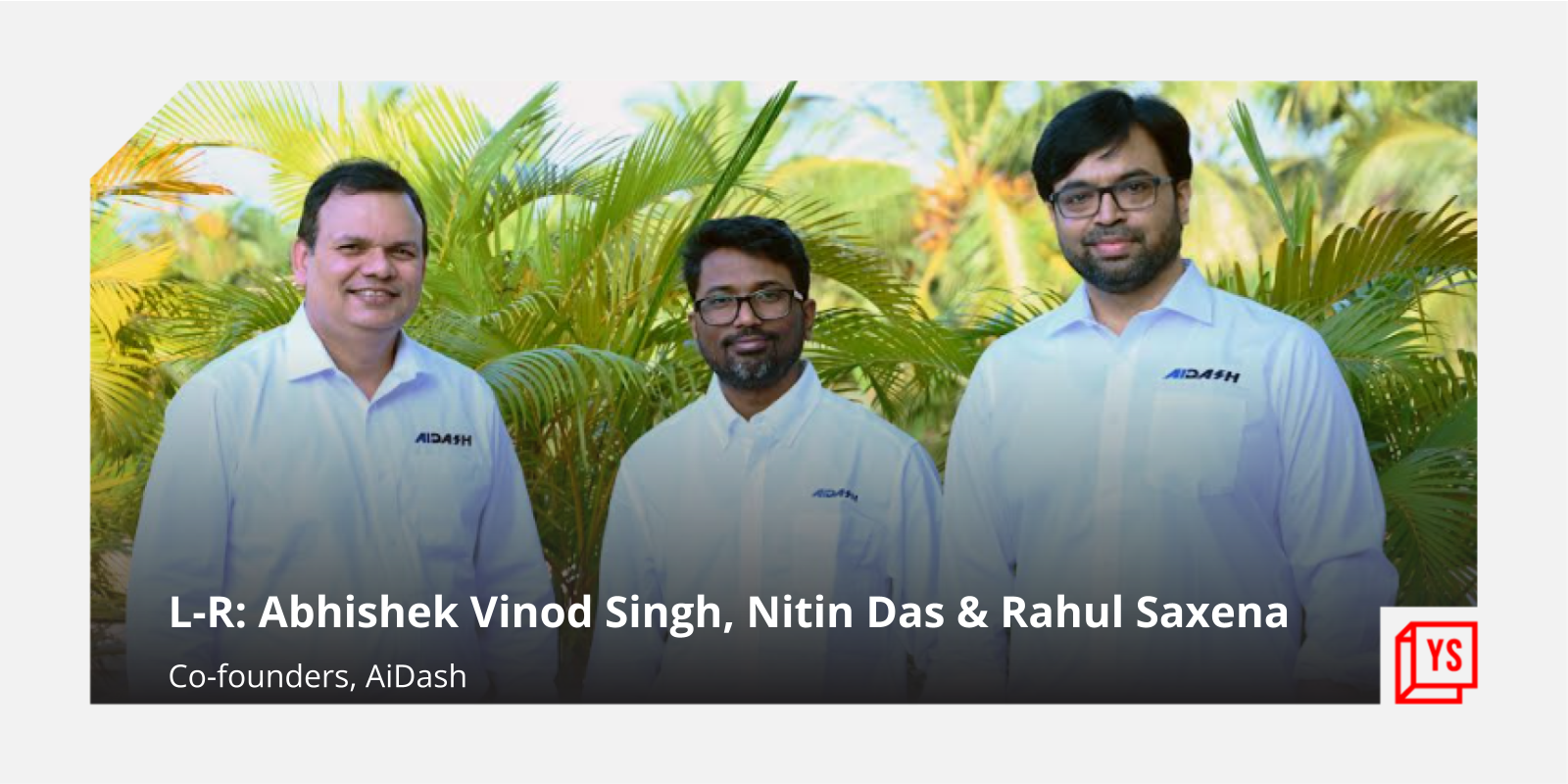This Bengaluru startup can get you to office in time, and help you make friends along the way
Sving offers a timely service in Bengaluru, the city with the worst traffic in the world. The startup enables office commuters to carpool to work, helping cut down on the number of vehicles plying the city’s congested roads.
Every day, three million people converge on the 17km stretch between Belandur and Whitefield in Bengaluru. It is one of busiest roads in the world and it takes two hours to commute that distance during peak hour.
That we need to address this unsustainable traffic problem is obvious, especially in Bengaluru, said to have the worst traffic in the world. But as the government and policymakers work on the public transport aspect, startups are coming to the rescue with their tech-driven options.
One such player is Sving, which sprung up 10 months ago when data analytics expert Deepak Rao and machine learning expert Harshavardhana M C came together to solve the problem of the office commute in Bengaluru.

Harshavardhana M C and Deepak Rao, the Founders of Sving.
"While we have multiple modes of transport available, the guarantee of being able to access any one of them at the time one needs is a challenge. Even public buses are crowded during peak hours, making it difficult for the office goer to commute with ease. Today, every office commuter wants to travel to work in comfort. This results in many of them opting to use their own vehicles, resulting in traffic congestion," says Deepak Rao, 43, Co-founder, Sving.
Easing up Bengaluru traffic
Founded in 2019, the startup is aiming to ease up city traffic by providing users first/last-mile connectivity to Metro stations and office-to-home commute.
"We are a technology enabler aiming to decongest traffic by making carpooling a smoother and more viable option. We connect groups of friends/colleagues who would like to commute to work in 12-15-seat comfortable AC shuttles. This also helps in creating friendships, collaborations, and communities while commuting to and from work in comfort," Deepak explains.
Sving also takes user requests and creates virtual pick-up points for a route that has at least five to six commuters. One can block a seat either on the startup’s app or through a web login.
The founders met through common friends and realised that both were passionate about looking at ways to reduce traffic congestion.
Harsha, 29, had worked in the travel industry and has extensive knowledge on the nuances of the business combined with his startup experience from previous stints, where he got to dabble in technology. Deepak has 20 years of corporate experience in strategy, operations, and financial modelling. The founders say that their complementary skills goaded them to start up together.
The business model
Sving is a B2B and B2C business. On the B2C front, it works on a prepaid model where the user pays a nominal amount for the seat booked.
The startup has fixed charges for fleet companies from which the vehicles are hired. It makes money when the vehicle has exceeded a certain threshold occupancy level in a route, which is a fee that covers the technology support provided to maintain the ecosystem between the users and fleet owners.
In the B2B segment, the company offers a technology platform that enables companies to optimise routes and maximise occupancy through a cost-effective billing model apart from real-time tracking and reporting.
Routes are fixed based on user requests.
Deepak adds that if routes/timings do not suit a user, s/he can submit a request for a new route/time. The startup’s services are available in all the southern and eastern routes of Bengaluru, like J P Nagar to Whitefield and back.
Sving’s first B2B client was following the traditional model of hiring cabs at a fixed cost. Deepak says that with the startup’s help, the company cut down its cab usage and saved on operating expenses.
The startup is also servicing a US-based captive BPO and a top coworking space in Bengaluru, where it connects all its centres to prominent bus junctions as well as Metro stations.
Expanding the network
The founders bootstrapped Sving with Rs 50 lakh and are now looking to raise funds.
"The funds will help us strengthen the technology part as well as help us expand operations in Bengaluru as well as other cities," Harsha says, adding that the startup has completed over 43,000 rides and ferried over 5,700 Bangaloreans.
The founders do not want to disclose revenue, but say they can scale up to Rs 1 crore in revenue by the end of the calendar year.
Sving competes with Shuttl, Easy Commute, and ZipGo. Shuttl has raised the highest amount of money in the country but there is still no dominant private shuttle operator, largely because of lack of regulations, which do not allow startups to own private vans. They can only be an aggregator for companies wanting to ferry individuals.
Over the next 18 months, the founders want to build on the existing network in Bengaluru, followed by launches in other cities such as Hyderabad, Mumbai, Pune, and Chennai.
(Edited by Evelyn Ratnakumar)
















